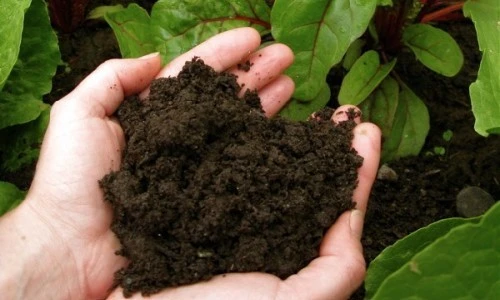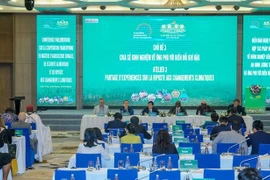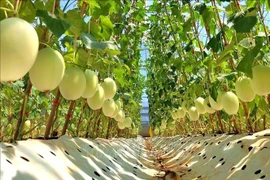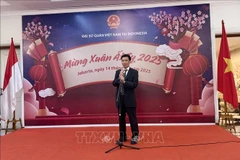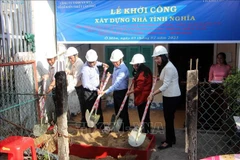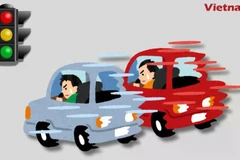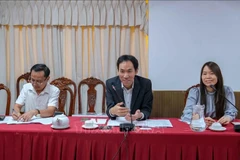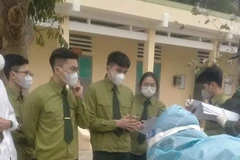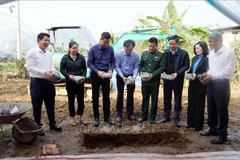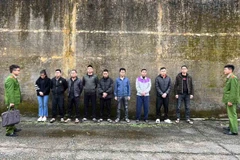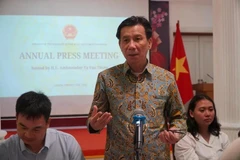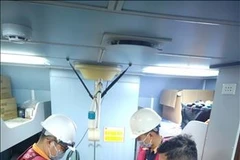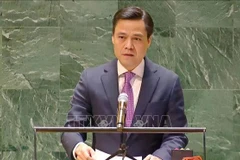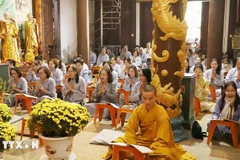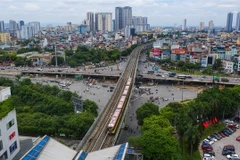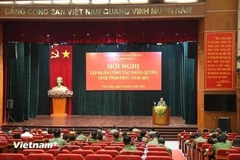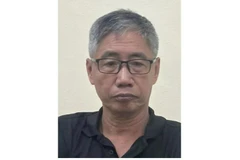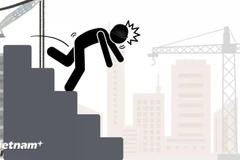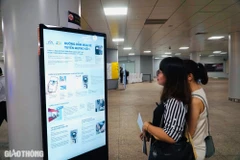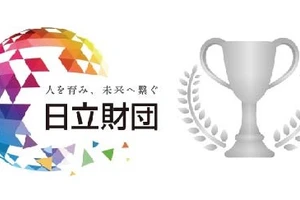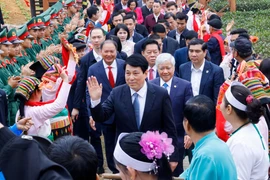HCM City (VNA) – As Vietnam is accelerating its transition to sustainable farming, peat is emerging as a key natural resource for organic fertiliser production.
The Ministry of Agriculture and Rural Development (MARD) estimates that Vietnam holds 7 billion cubic metres of peat across 36,000 hectares, with the Mekong Delta containing the largest deposits.
Peat moisture content ranges from 18% to 58%, with the South Central Coast, Southeast, and Central Highlands averaging 48.5%, while the Mekong Delta has a moisture content of 28.2%. Due to the added drying costs of high-moisture peat for organic fertiliser production, the Mekong Delta - Vietnam’s largest agricultural production region - holds a cost advantage in producing peat-based fertilisers.
Minister Le Minh Hoan emphasised that both in short and long terms, using agricultural byproducts for organic fertilisers is vital to Vietnam's agriculture, supporting the transition towards ecological, circular farming systems. This strategy will boost climate resilience, reduce emissions, and enhance agricultural product value.
According to Doan Van Chien from the National Agricultural Extension Centre in the Southwest region, Vietnam aims to lead the region in organic fertiliser adoption, with 50% of cultivated land using organic fertilisers and 80% of provinces establishing organic fertiliser-based value chain models for key crops.
Additionally, Vietnam plans to use 100% of available biomass from crops, livestock, aquaculture, and household waste for both household and industrial-scale green fertiliser production.
Chien noted that peat-based fertilisers enhance soil structure, reduce water loss, and support root development while helping to combat drought and erosion. Processed with lime, additives, and microorganisms, peat produces organic and mineral fertilisers that improve soil quality and increase crop yields by 10–20%, benefiting farmers economically through organically natural means.
Kien Giang and Ca Mau provinces in the Mekong Delta hold the largest peat reserves.
Tran Minh Giao, a representative of Huong Tram Kien Giang JSC noted that Kien Giang’s 95-hectare reserve can produce 50,000 tonnes of organic fertilisers annually, reducing farmers' reliance on synthetic fertilisers and preserving soil ecosystems.
Dr. Bui Thanh Huong from the Institute of Chemical Technology explained that peat's porous structure retains vital nutrients like nitrogen, phosphorus, and potassium, which are gradually released to plants, preventing leaching. Slow-release peat-based fertilisers enhance nutrient absorption, promoting green and sustainable agriculture in Vietnam./.
